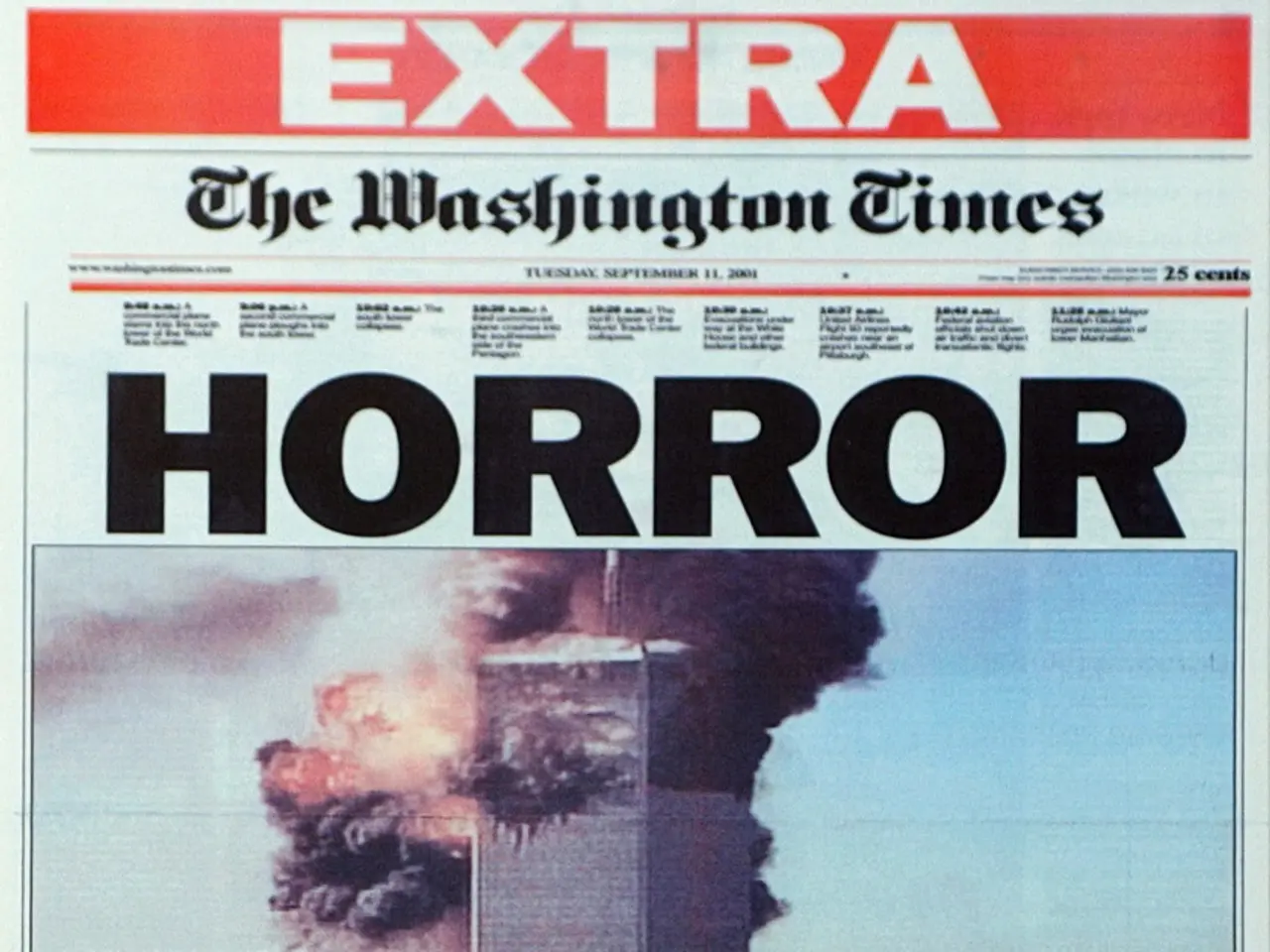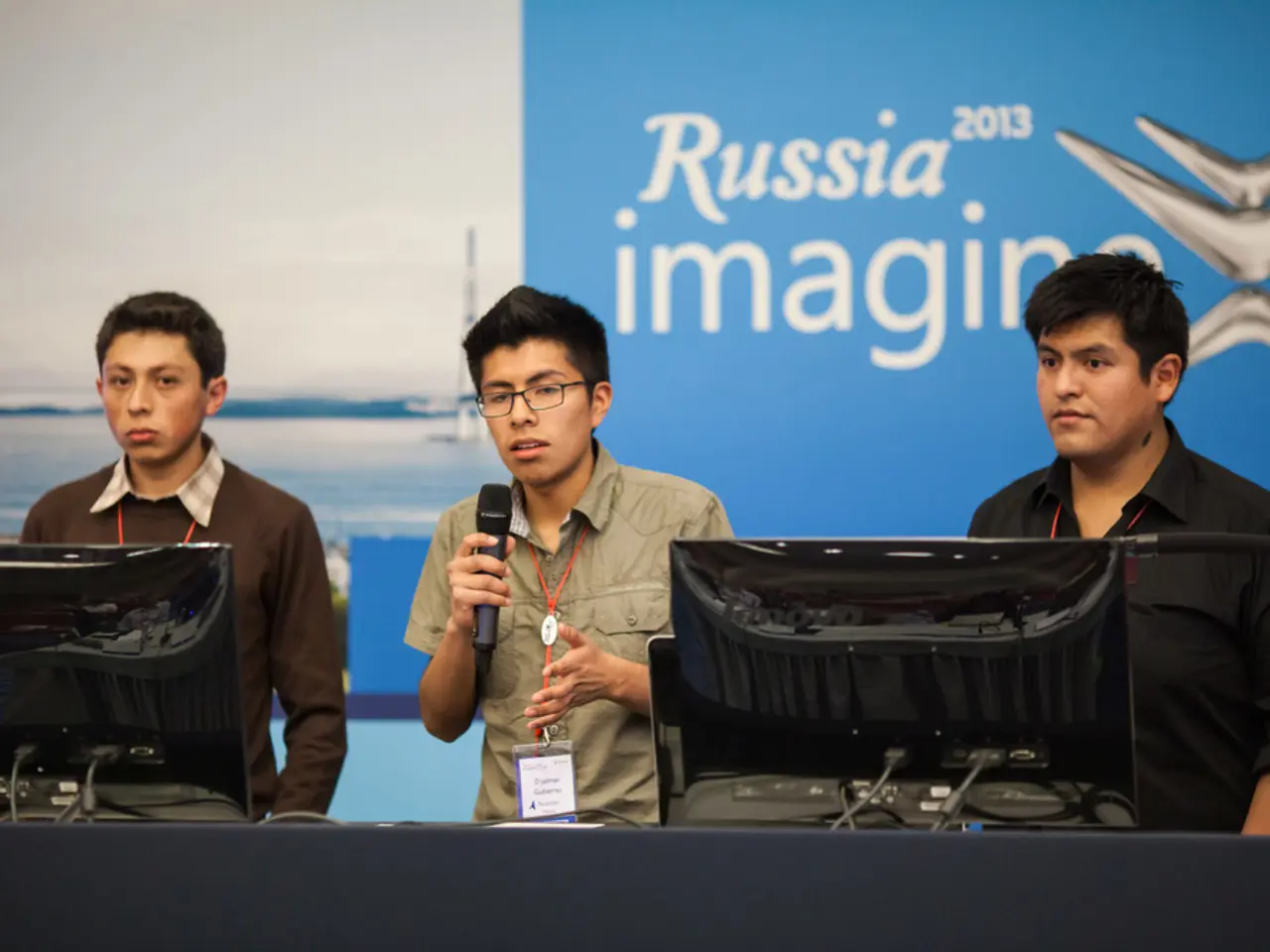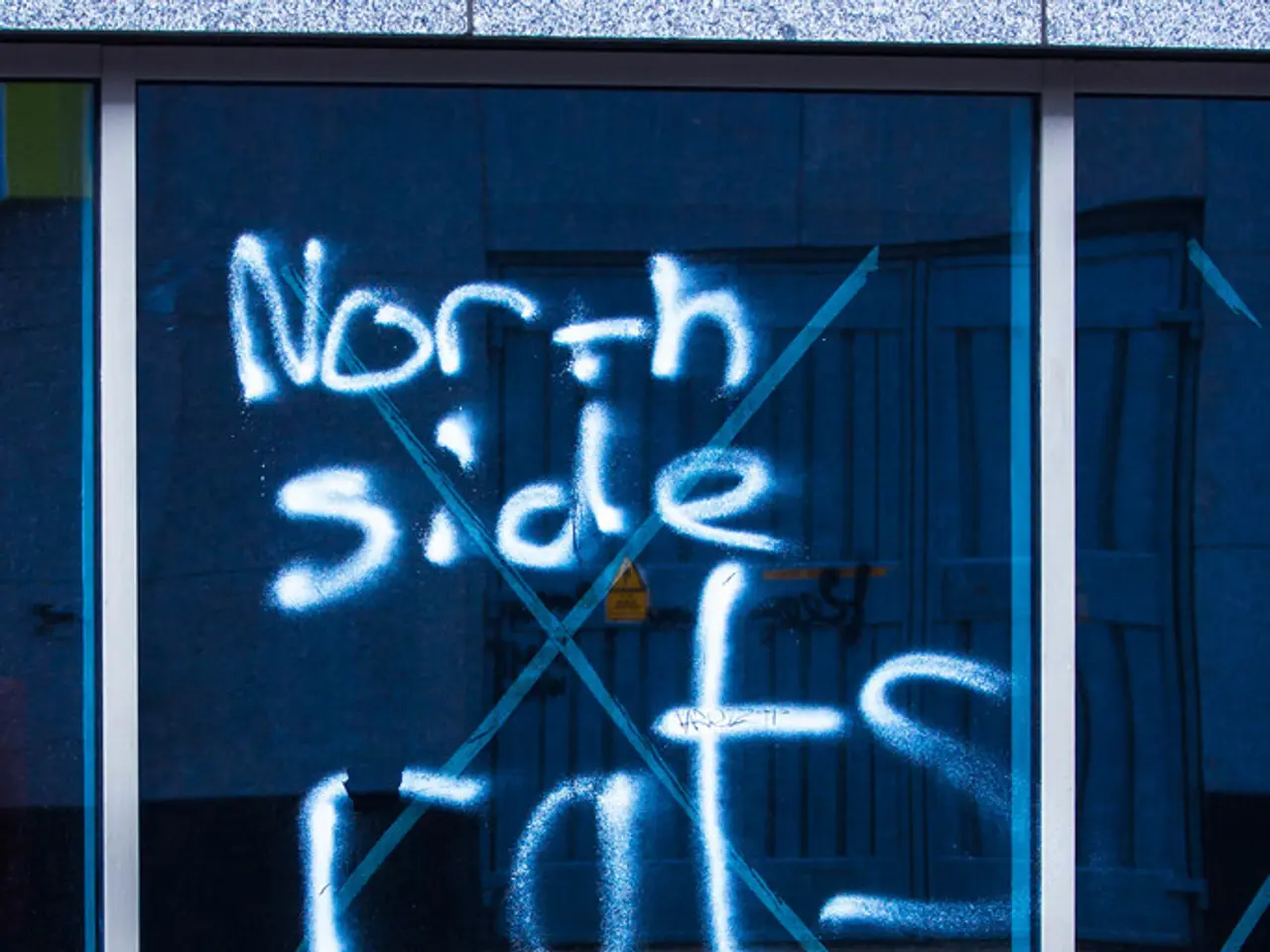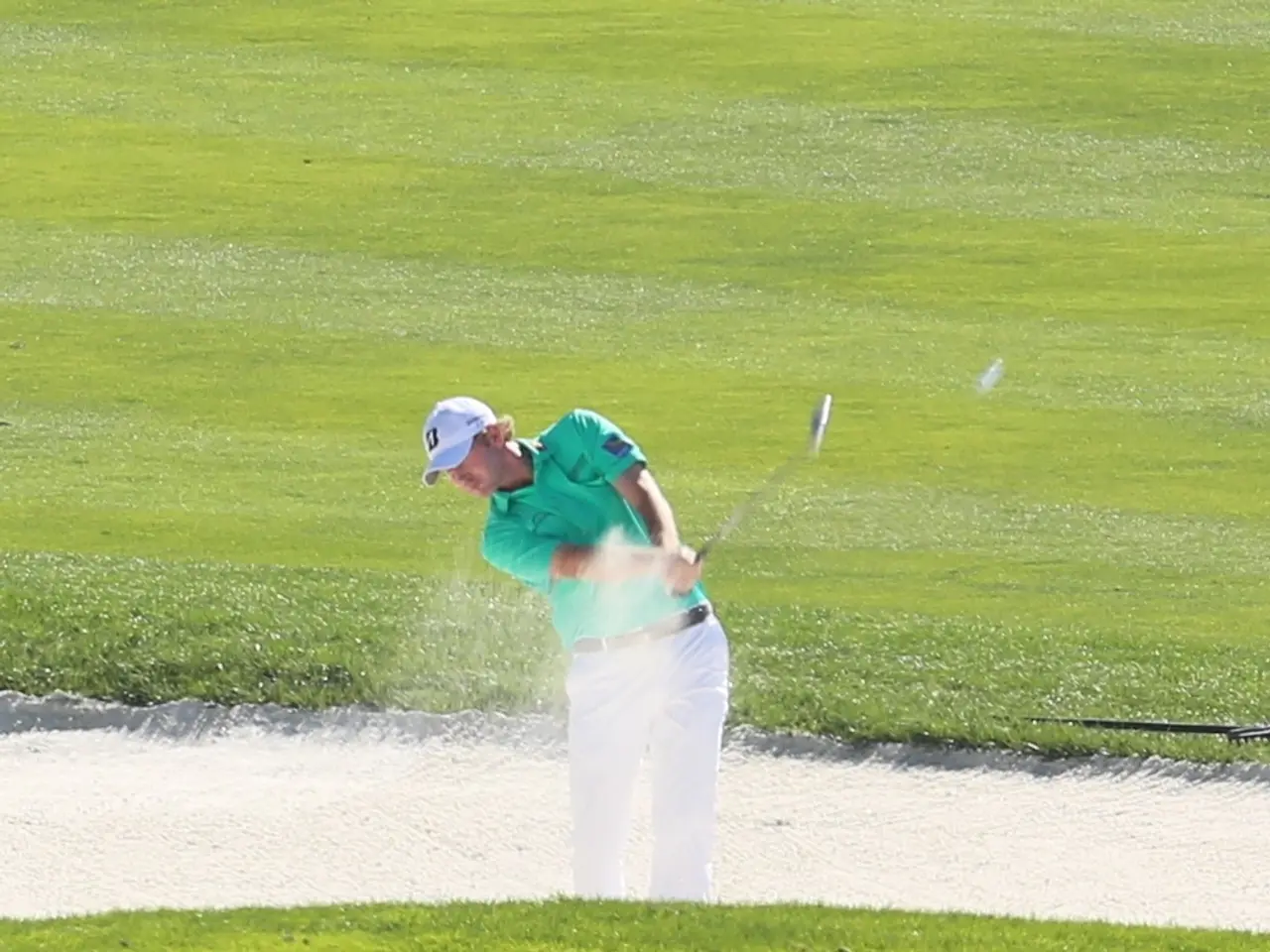Iran threatens to retaliate proportionally if Europe decides to reinstate United Nations nuclear sanctions
In the ongoing diplomatic standoff, the precarious state of the nuclear deal between Iran and the United Nations Security Council members has reached a critical juncture. The latest round of indirect talks, involving the U.S., European countries, China, and Russia, has failed to yield a conclusive agreement, with a deadline set for the end of August 2025 looming large.
The International Atomic Energy Agency (IAEA) recently declared Iran non-compliant with its nuclear safeguards obligations, prompting Iran to accelerate its nuclear program and reduce its commitments under the deal in response to what it views as violations by the U.S. and Europe.
The European signatories – Britain, France, and Germany, along with the U.S., have threatened to activate the "snapback" mechanism, which would automatically reimpose all UN sanctions lifted under the 2015 Iran nuclear deal (JCPOA). This move, if executed, could have serious implications for the diplomatic relations between Iran and Europe, potentially ending Europe's mediating role between Iran and the U.S.
Iran's response to this threat has been highly critical and defiant. Iranian Foreign Minister Abbas Araghchi declared that activating snapback "will mean the end of Europe’s role in the Iranian nuclear issue" and could permanently damage relations with the European countries, effectively ending Europe's mediating role between Iran and the U.S. Iranian officials have warned of a "proportionate and appropriate response" if sanctions are reinstated, with some parliamentarians explicitly calling the European move a “hostile political action” and cautioning that Tehran's countermeasures could be unexpected. The Foreign Ministry spokesman described the European threats as political and disputed the legal basis of the snapback given recent U.S. and Israeli attacks on Iranian nuclear facilities, which Iran argues undermines the mechanism’s legitimacy.
Ali Akbar Velayati, a senior aide to Ayatollah Khamenei, stated that Iran would not oppose unconditional negotiations with the United States, but he warned against preconditions regarding uranium enrichment. Velayati also refused negotiations if the U.S. demands suspension of uranium enrichment activities.
The U.S. unilaterally withdrew from the nuclear deal on May 8, 2018, during President Donald Trump's first term, and on June 13, Israel, with U.S. support, launched a 12-day offensive on Iran, targeting military, nuclear, and civilian sites. This offensive has further strained relations between the two nations.
As the nuclear deal remains in a critical phase, with an impending snapback sanctions deadline deepening diplomatic tensions, there are no signs of a near-term resolution. The situation is being closely monitored by the international community, and the potential consequences of a breakdown in negotiations could have far-reaching implications for global peace and security.
- Russia, as a key member of the United Nations Security Council, is closely watching the ongoing crisis in war-and-conflicts, particularly the precarious state of the nuclear deal between Iran and the international community.
- In the midst of this escalating tension, Turkey, a regional player, has yet to express its stance on the policy-and-legislation surrounding the Iran nuclear deal and the potential activation of the snapback mechanism.
- NATO, though not directly involved in the Iran nuclear deal, could be affected indirectly, as the war-and-conflicts in the Middle East have spillover effects on the region's politics, general-news, and global security.
- As the diplomatic relations between Iran and Europe strain, Russia could play a critical role in negotiations, potentially influencing the outcome of the nuclear deal and the overall dynamics of the region's politics.







